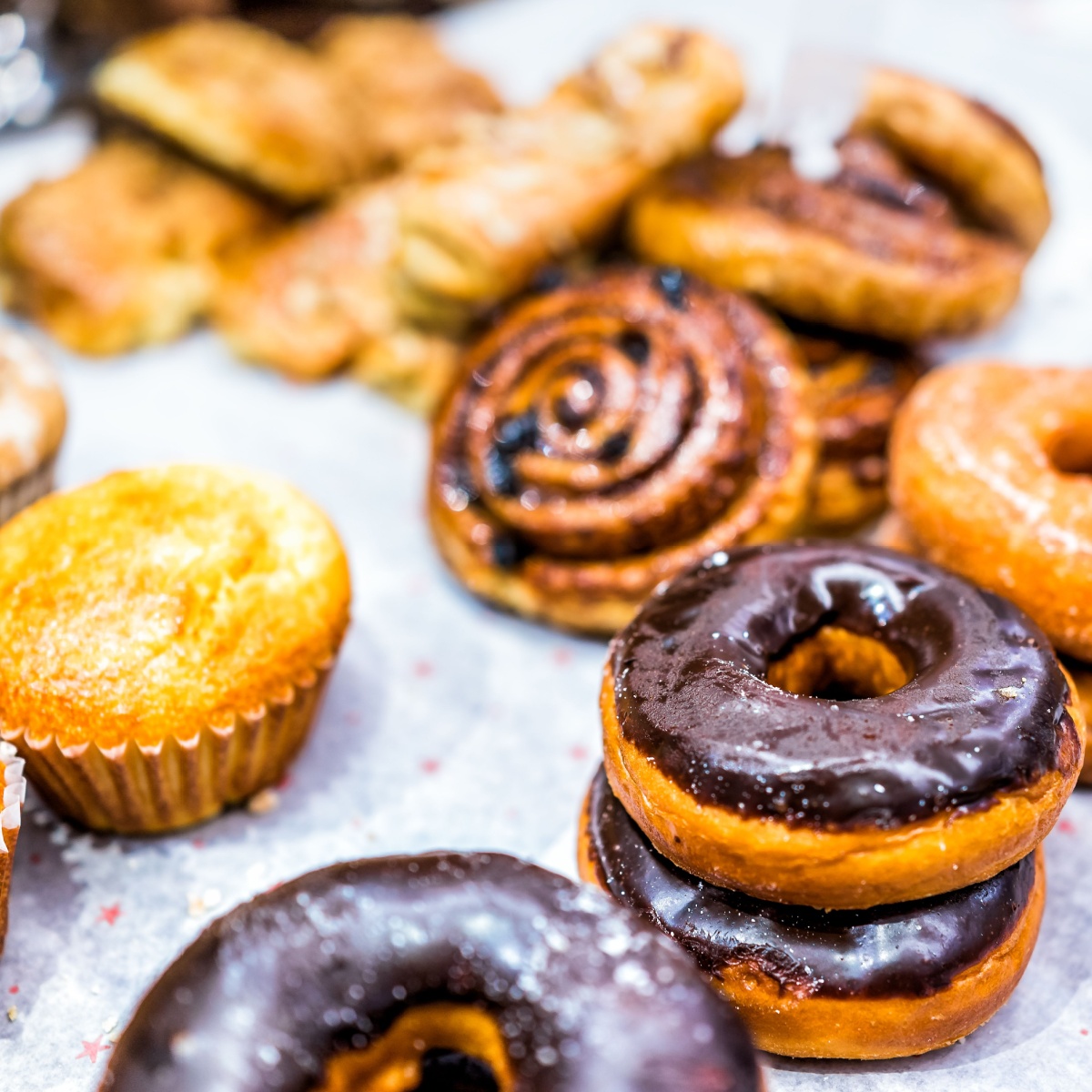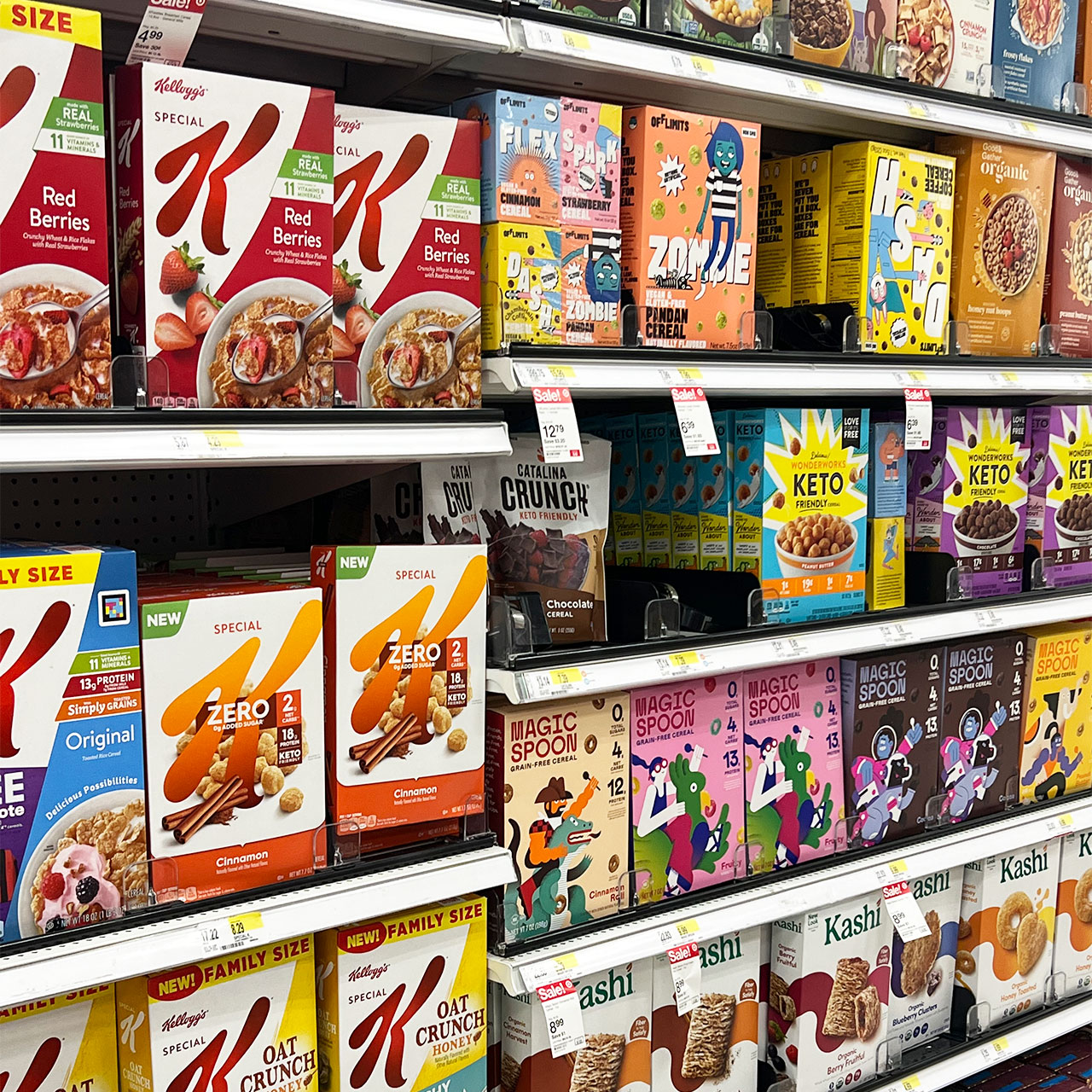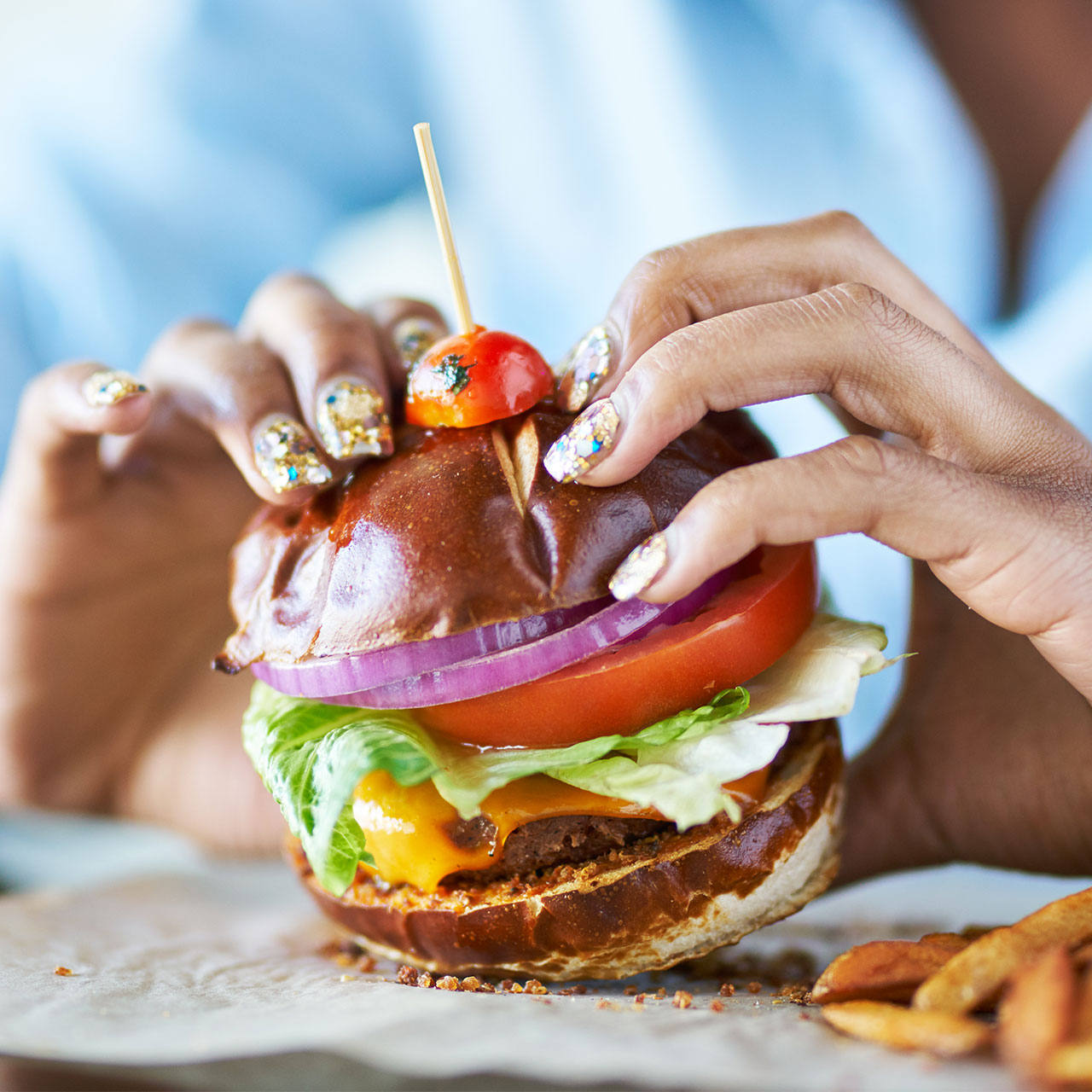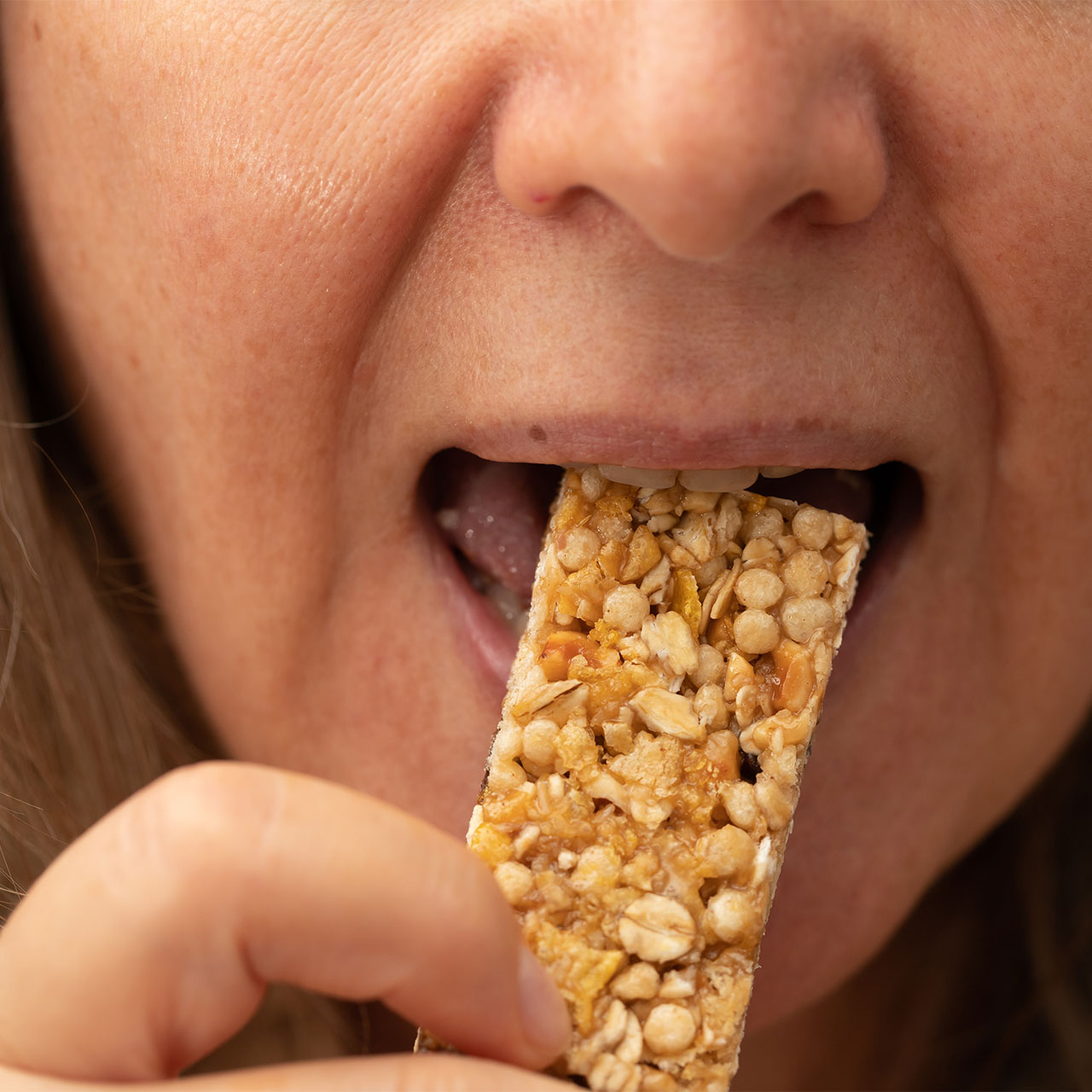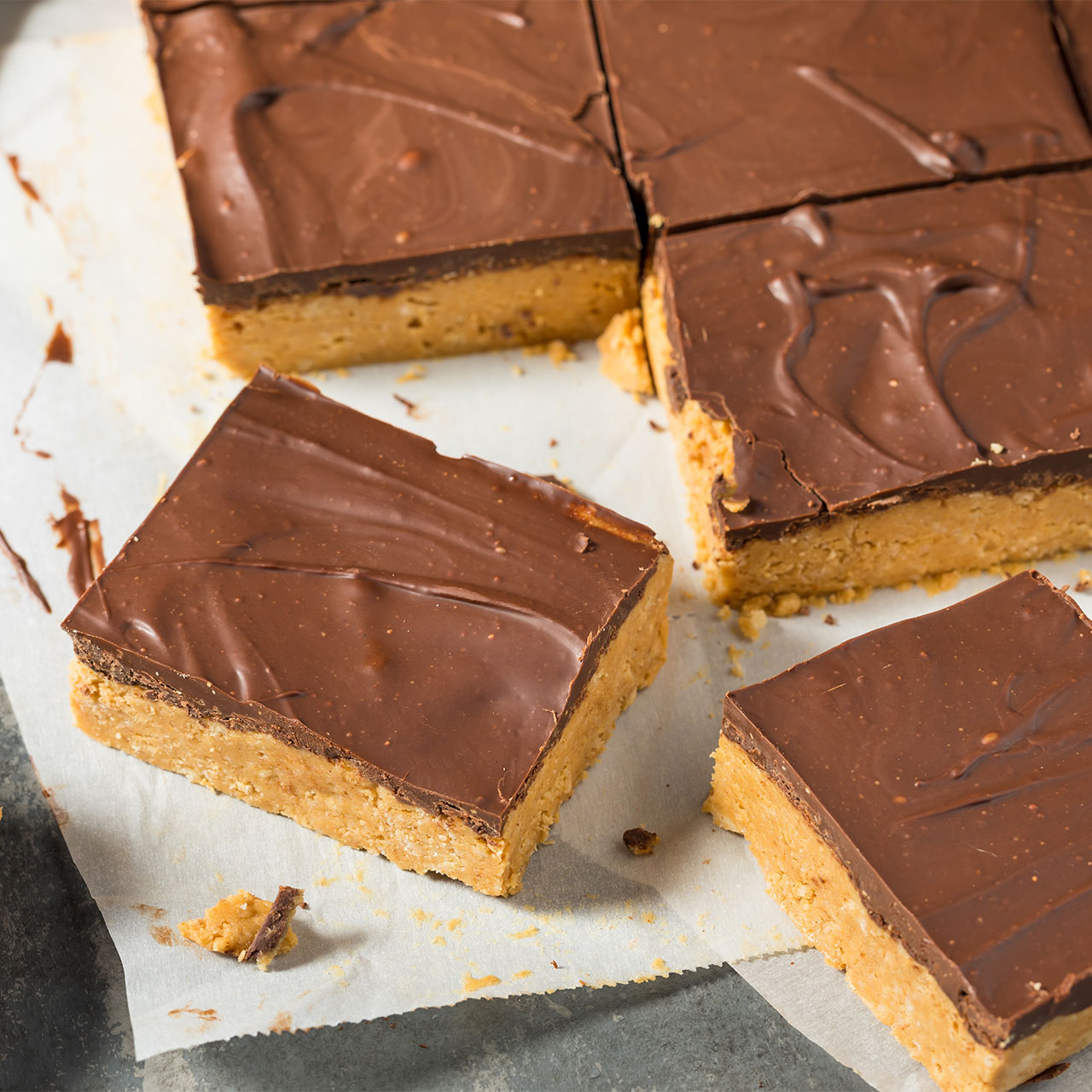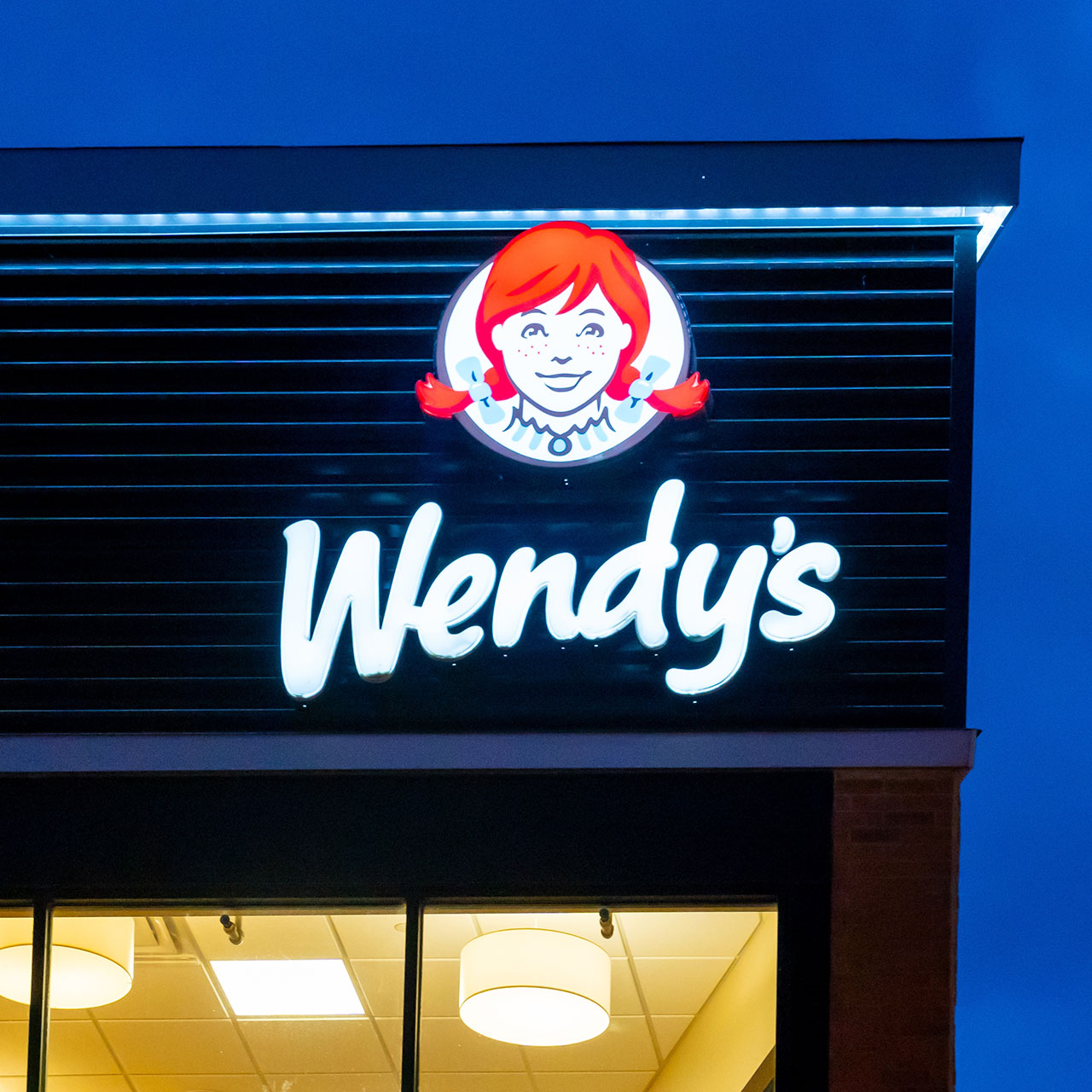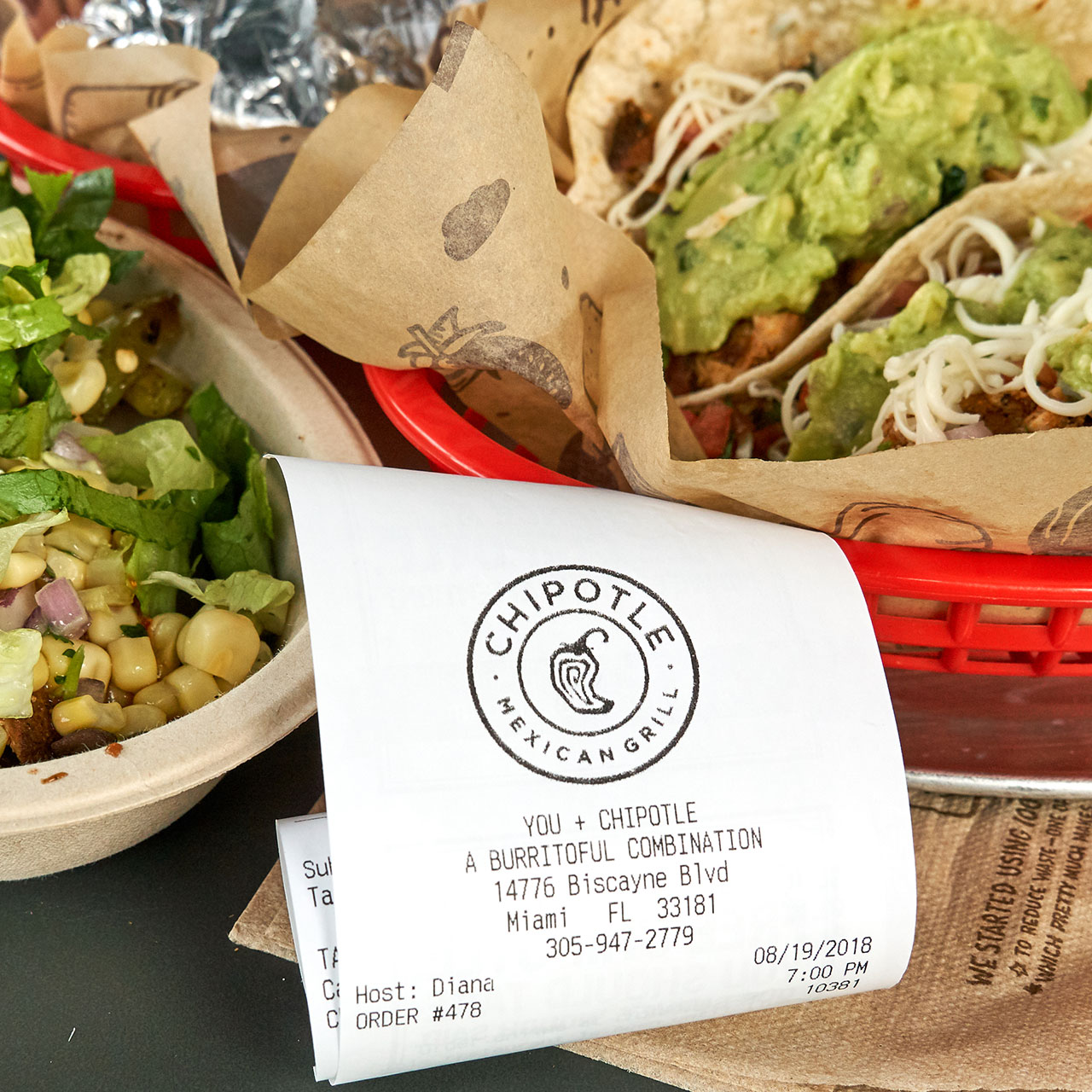If you’re trying to lose weight, opting for fat-free alternatives to your favorite foods could seem like a good way to go in order to lower your calorie intake and drop pounds faster. After all, doesn’t the idea of indulging in sweet treats without gaining weight sound amazing? However, it’s not that simple. The fact is that many low-fat or fat-free options can actually be worse for you in the long run. That’s because these foods are oftentimes loaded with sugar and other additives to make them taste better. Over time, this could actually be detrimental to your weight loss goals.
Although fat-free foods have waned in popularity over the years due to this realization, there are still many items on grocery store shelves that could be pulling the wool over your eyes. To shed some light on some of the worst, most deceiving options, we spoke to health experts Sara Chatfield, dietitian, and Lauren Thayer, registered nurse. They told us that fat-free or reduced fat flavored yogurts, salad dressings, breakfast cereals, and peanut butter are all ones to steer clear of if you’re trying to lose weight. Learn more about why each could lead to adverse effects below.

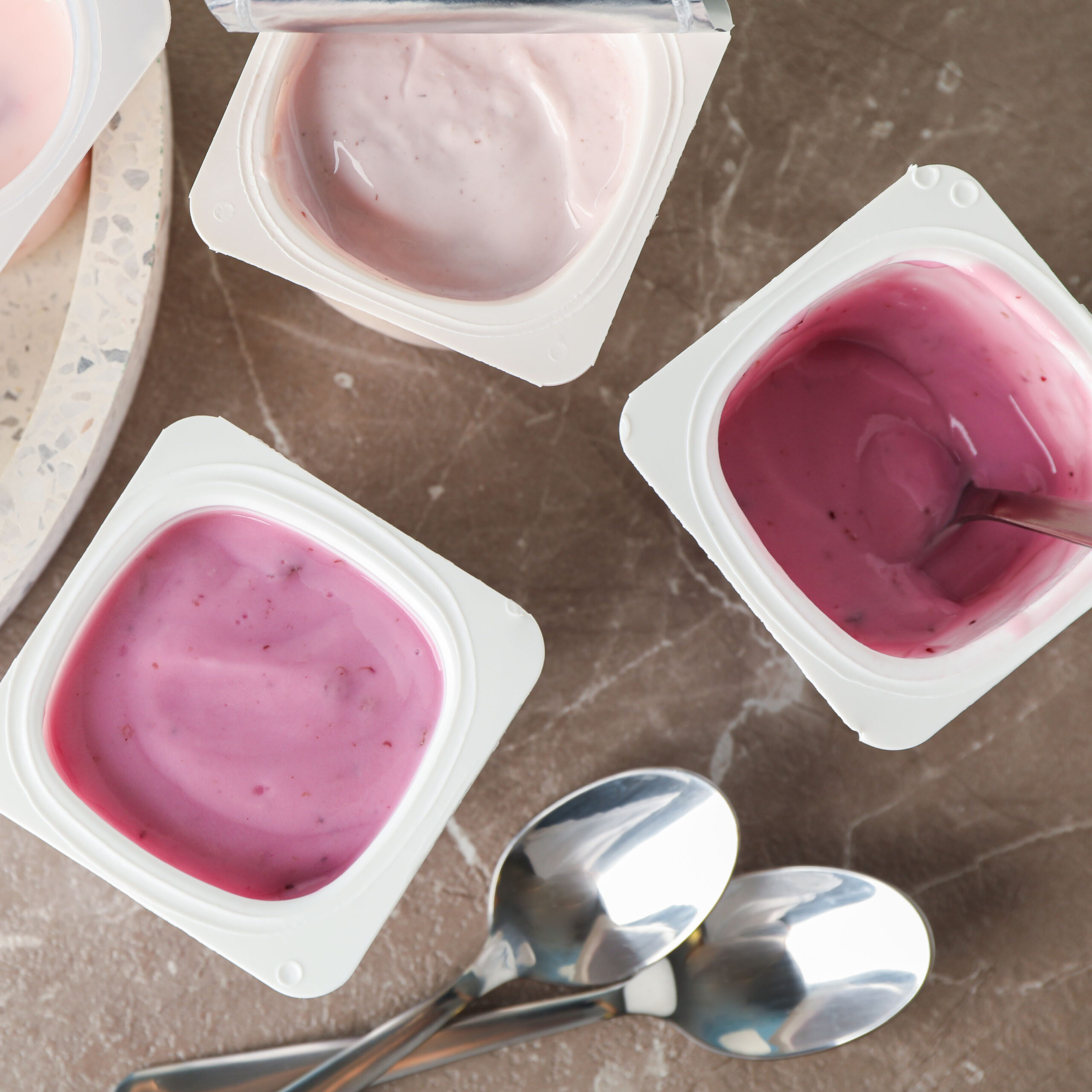
1. Fat-free flavored yogurts
When you choose the right kind, yogurt can be a fantastic, weight loss-friendly food. However, flavored yogurts—especially of the fat free variety—are typically loaded with sugar, making them a poor choice for your health. The adverse effects of excessive sugar consumption are numerous, and you probably already know that one of the most common results is added weight.
"Fat-free yogurts tend to be highly processed and typically include thickeners and lots of other additives to make up for the lost creaminess of fat,' Chatfield warns. "The flavored fat free yogurts tend to be higher in added sugars, some with over 24 grams of sugar in a serving, the expert-recommended daily limit. These high quantities of sugar, consumed on a regular basis, can lead to inflammation and weight gain. Additionally, the fat in low-fat or even full-fat yogurt may actually help increase satiety and benefit weight management."
Stick to plain Greek yogurt with some fresh fruit, instead. This probiotic-rich food is packed with benefits that will make your body feel (and look!) much better than sugary varieties.
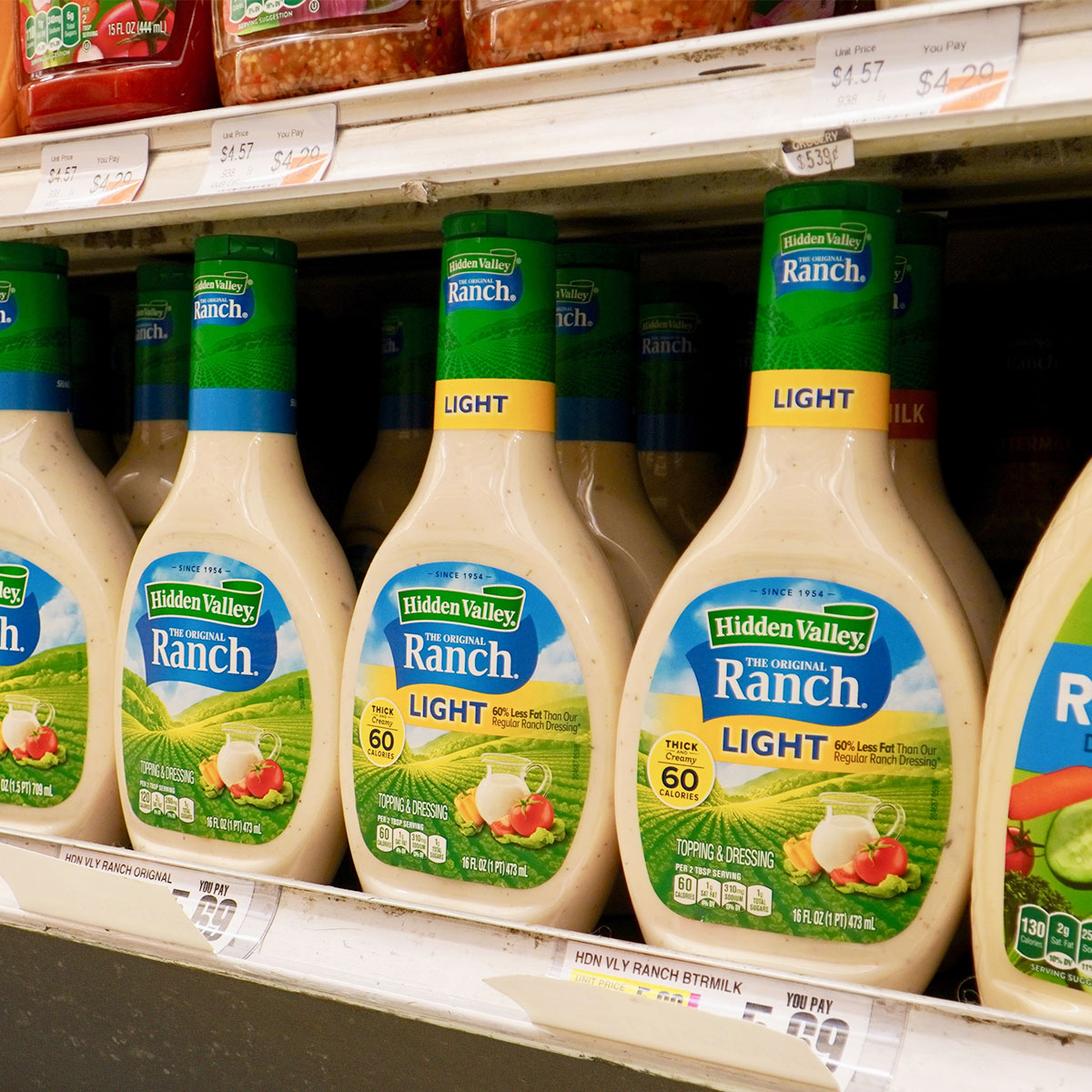
2. Fat-free salad dressings
What could be healthier than a delicious, veggie-packed salad? Although salad can certainly make for a delicious, nutritious meal, it's crucial to remember that it's only as healthy as the ingredients you add to the mix. There are many fattening, creamy dressings out there that you're better off leaving out—but unfortunately, that doesn't mean that fat-free alternatives are better.
As Chatfield notes, "Fat free salad dressings tend to be more highly processed, containing thickeners and lots of other additives to make up for the lack of oil. Also, many of them have significant quantities of added sugars, some with up to 9 grams of sugar per serving, to add flavor. These dressings can actually be detrimental for weight management, since high intake of ultra-processed foods and high sugar intake have both been linked with weight gain."
Does that mean you have to eat a dry salad? Certainly not! Reaching for healthy vinaigrettes made with olive oil or avocado oil, or even whipping up your own, is always a good way to go. "Choosing a salad dressing made with olive oil may actually benefit weight loss due to increased satiety and anti-inflammatory effects of olive oil," Chatfield suggests.
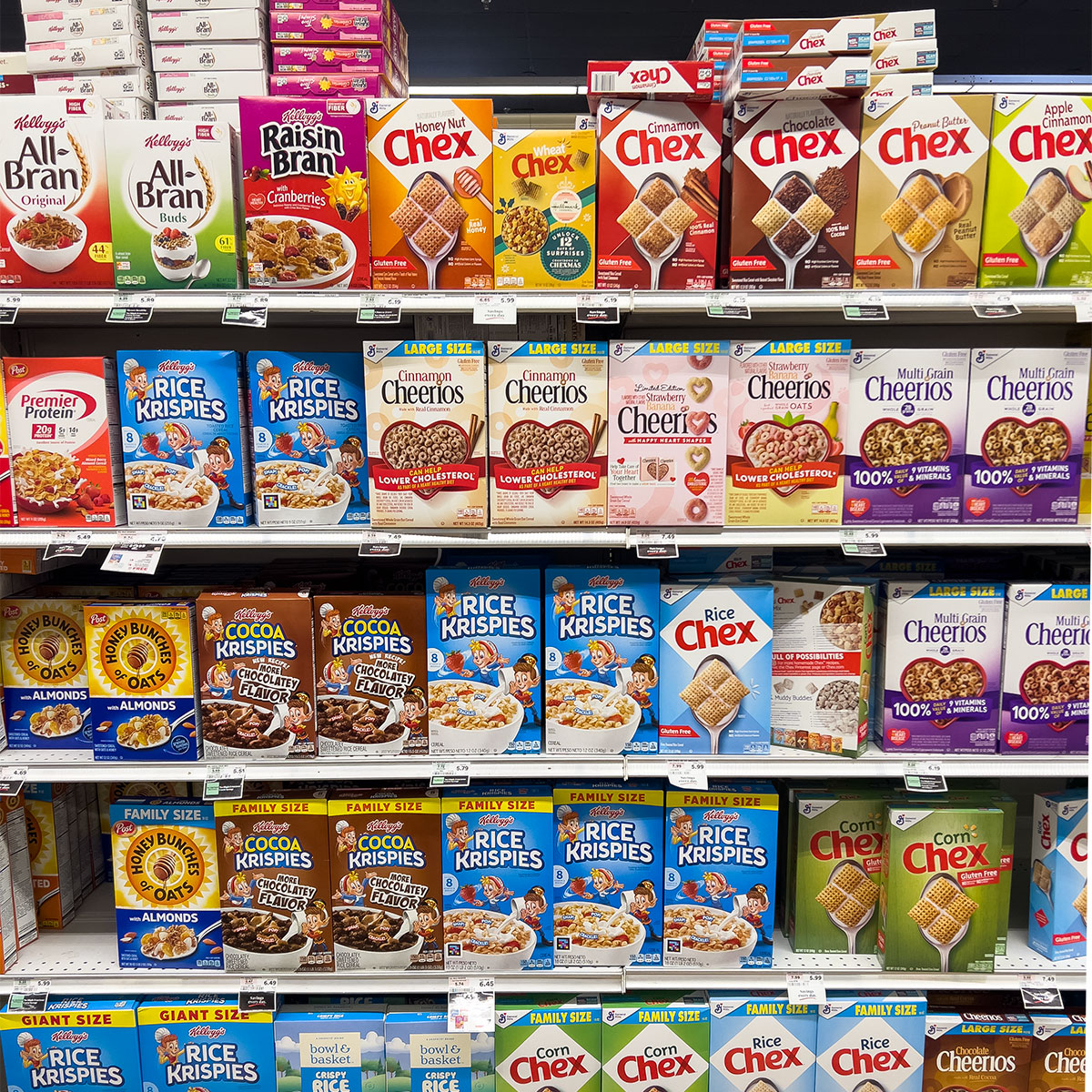
3. Low-Fat breakfast Cereals
Breakfast cereal is typically one of the worst foods you could start your day with. Most options are loaded with sugar and refined carbs, and lacking in fiber—or any nutritional value, for that matter. But you may think that if you choose a "healthy"-seeming cereal, such as one labeled low-fat, it could help you lose weight. Unfortunately, Thayer says this isn't the case.
"Low fat breakfast cereals are a quick breakfast item for the whole family, but those labeled as low fat are typically loaded with sugar," she says. "Even granola cereals and oatmeals that seem like healthy alternatives typically have tons of sugar."
There are a few high-fiber, healthy breakfast cereals out there, but the good options are few and far between. When in doubt, opting for a balanced breakfast that incorporates complex carbs, healthy fats, and protein—such as avocado toast topped with an egg—is always the best way to go.
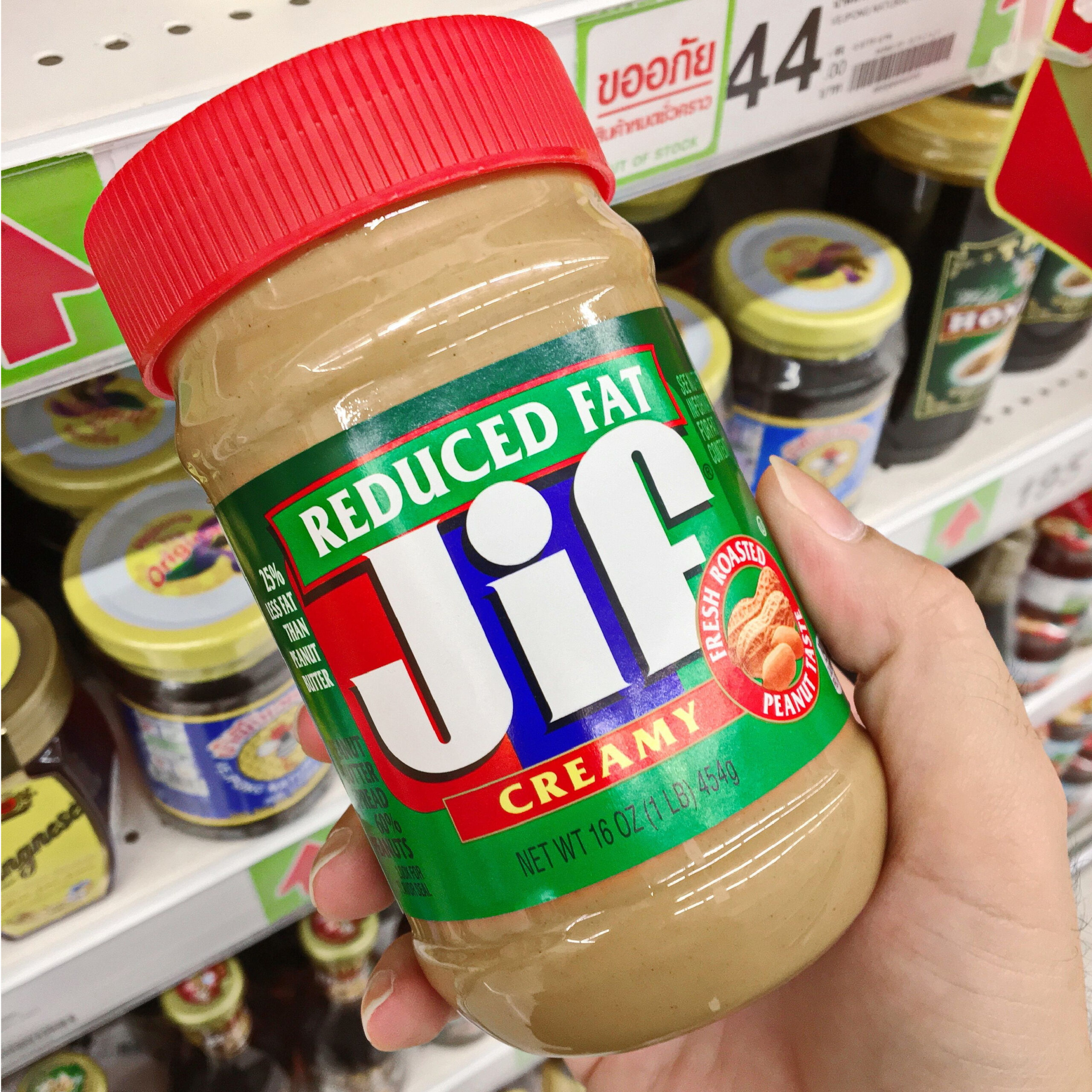
4. Reduced or Low-Fat Peanut Butter
Peanut butter is a beloved staple in many pantries. We love smearing it on toast, mixing it into our oatmeal, and adding it to a number of tasty baked goods. But because peanut butter isn't the lowest-calorie option around, some people choose to reach for reduced-fat or low-fat options as they navigate their weight loss journey. As it turns out, though, this doesn't make for a healthier alternative in the long run.
"Reduced fat peanut butter is full of high-fructose corn syrup and sugar, negating any health benefit that the peanuts were providing," Thayer tells us. "Peanuts can provide great health benefits such as heart health, appetite control and blood sugar control, so reach for a natural peanut butter instead." Got it!



